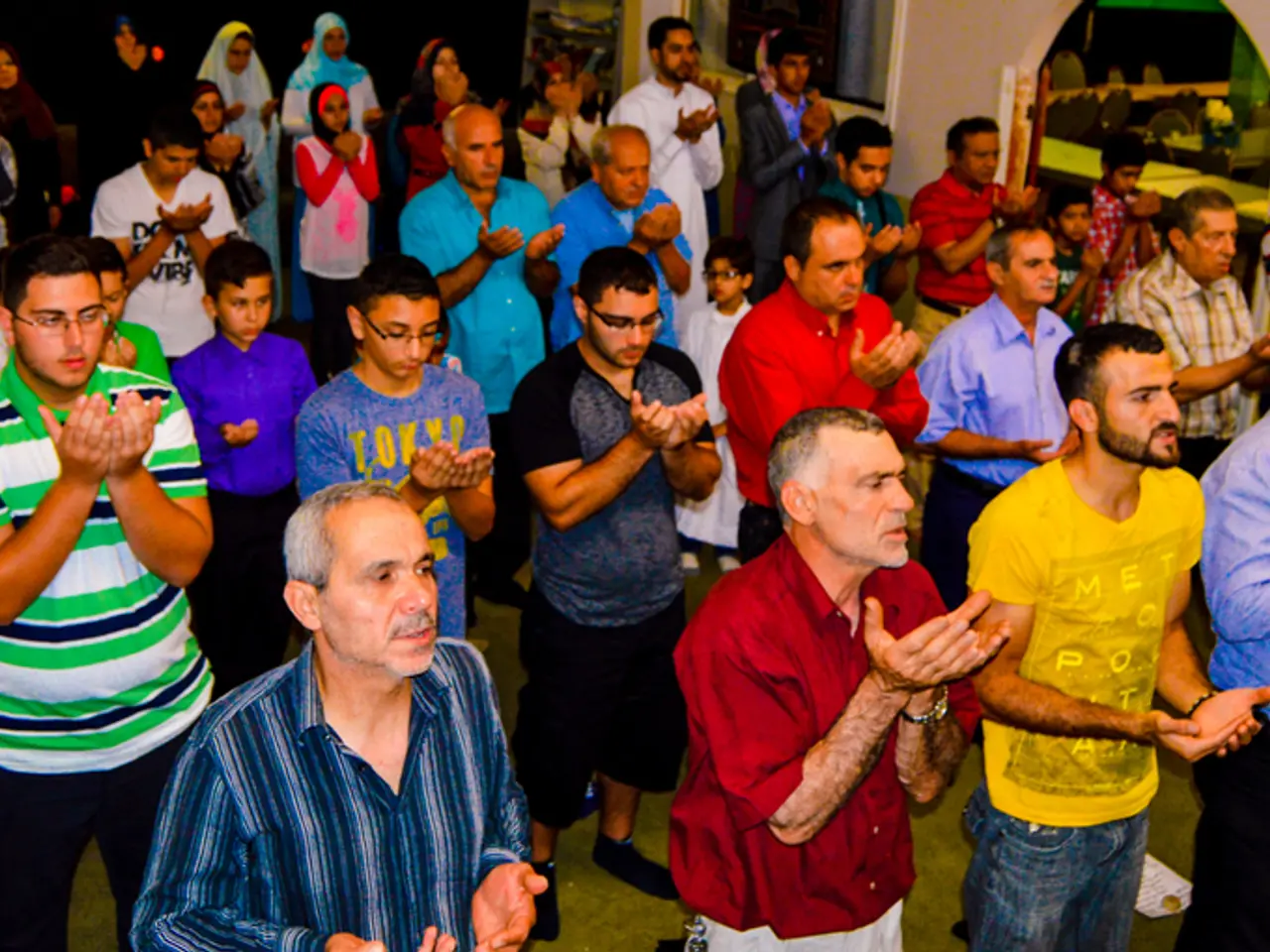Importance of Religion in the Recovery Process
In contemporary times, faith is increasingly being viewed as a dynamic, personal, and relational process that significantly influences personal growth and recovery. This shift in perspective moves away from adherence to specific doctrines and embraces a more fluid, integrative approach.
Faith as a Personal, Integrative Journey Across Traditions
Some perspectives advocate drawing from multiple faith traditions to enrich one’s spirituality. This approach, akin to a "spiritual quilt," weaves insights from diverse paths such as Christianity, Buddhism, Taoism, and Indigenous wisdom. By being open to these diverse perspectives, individuals foster humility, curiosity, and a deeper understanding of themselves and the world, which supports personal growth in a non-dogmatic way [1].
Faith as a Relational and Dynamic Process
Contemporary sociological approaches suggest viewing faith as emerging from dynamic relationships between people, technologies, institutions, and cultures. This "relational religion theory" frames faith as fluid and adaptive, enabling individuals to navigate complexity in meaning-making and identity. This view aligns faith with ongoing personal and social development, which can enhance resilience and recovery by providing a flexible framework for understanding life challenges [2].
Faith Beyond Religious Labels as a Form of Meaning-Making
Outside traditional structures, faith may be seen as a foundational trust or confidence in life, self, or the universe that does not require specific supernatural beliefs. This broader concept can support recovery by instilling hope, purpose, and a sense of connection without the constraints of formal religion [4][5].
These broader perspectives on faith encourage openness and humility, helping individuals integrate lessons and practices from diverse sources for emotional and spiritual healing [1]. They promote adaptable relational frameworks supporting identity reconstruction and meaning-making in complex life situations [2]. Furthermore, they offer a non-dogmatic source of hope and purpose that can sustain motivation through recovery processes [4].
As we navigate our personal growth and recovery journeys, faith emerges as a lived, evolving experience rather than a fixed creed, aligning it with ongoing personal transformation and resilience.
References:
[1] Hodge, P. (2016). The Integrative Faith Movement: A New Spirituality for the 21st Century. Wipf and Stock Publishers.
[2] Heelas, P., & Woodhead, L. (2005). The Spiritual Revolution: Why Religion is Giving Way to Spirituality. Cambridge University Press.
[4] Wuthnow, R. (2007). After Religion: A Religion for Today's World. Harvard University Press.
[5] Zinnbauer, B. K., & Pargament, K. I. (2005). Spiritual struggles and growth: A review of the empirical literature. Journal of Clinical Psychology, 61(3), 359-373.
- Therapists who work with individuals seeking personal growth and recovery may find value in integrating diverse spiritual insights from various faith traditions, such as Christianity, Buddhism, Taoism, and Indigenous wisdom, enabling personal growth in a non-dogmatic way.
- In the realm of fashion-and-beauty and self-development, a modern perspective on faith can serve as a means of self-expression, personal identity, and connection, promoting resilience and recovery by offering confidence, hope, and a sense of belonging.
- Within the context of educational and personal-growth settings, allowing space for diverse perspectives in faith discussions can foster relationships built on humility, curiosity, and a deeper understanding of one another, thus supporting emotional and spiritual healing for all participants.




